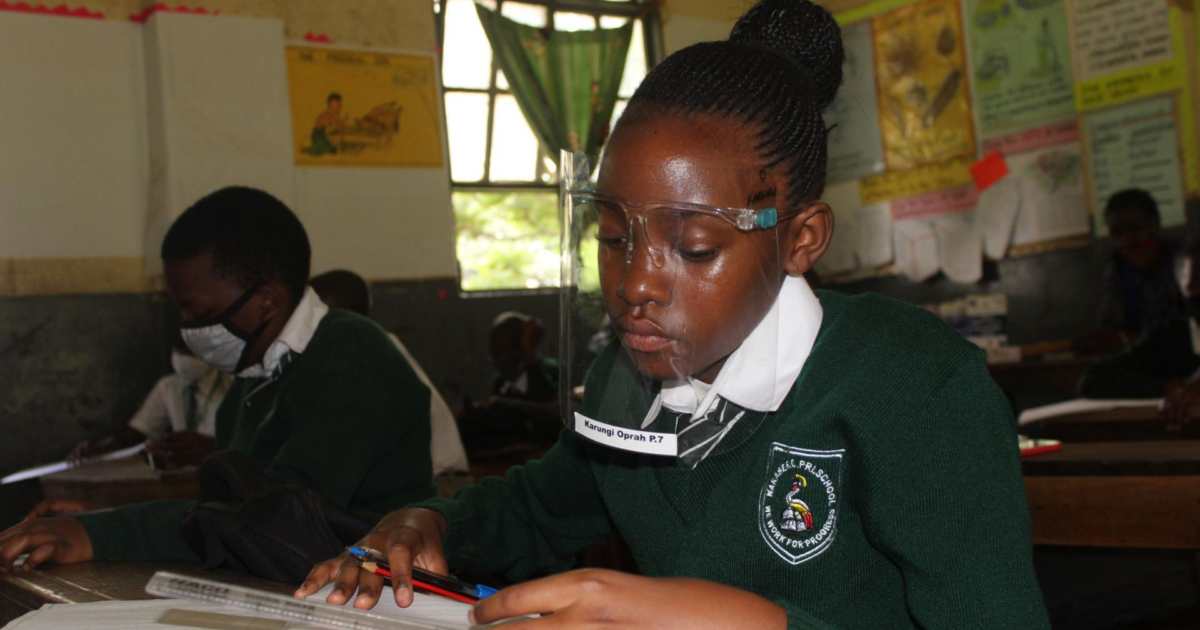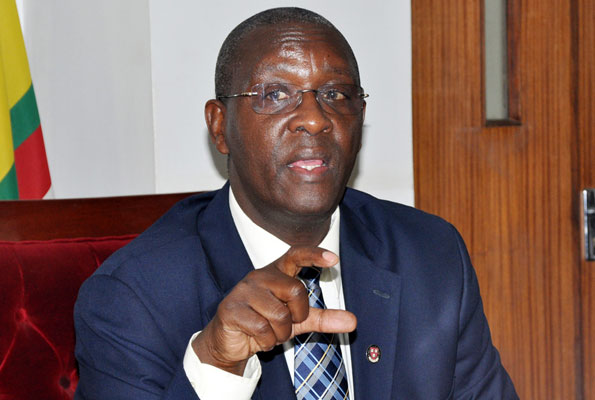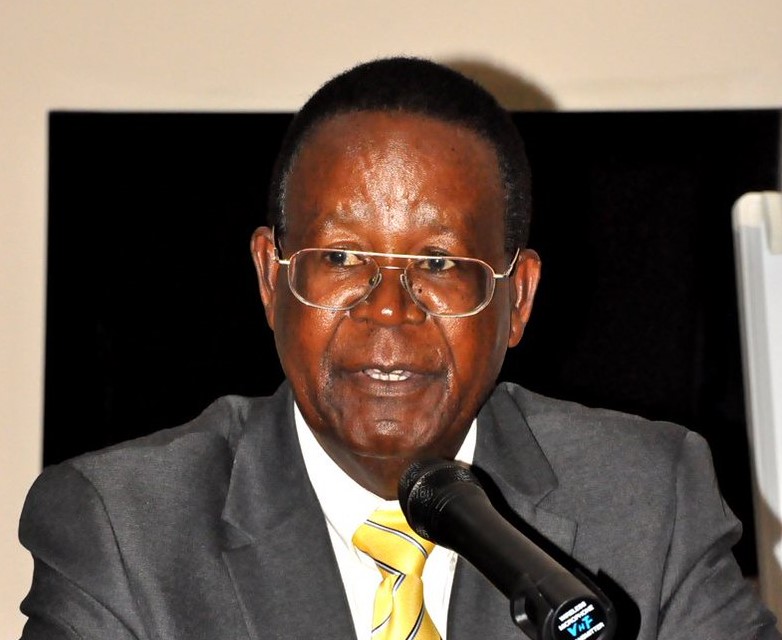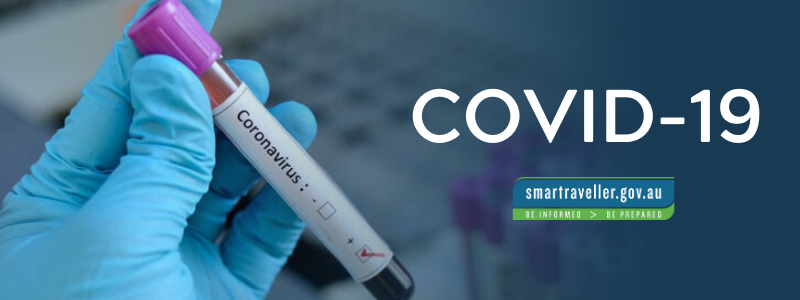Girl Child at Nakasero Primary School. COVID-19 has forced many like her out school.
With just a few weeks before candidates in primary and secondary schools sit for their final national examinations, several schools are struggling to complete their respective syllabus.
The ministry of education and sports reopened schools for candidates on October 15, 2020, ending a seven-month unprecedented holiday brought about by the COVID-19 challenges. At the time of closure, students had spent 48 days in school, almost half of the term with an additional 41 days to close but most of them had covered little about the candidate class syllabus.
At several schools that this reporter has visited, teachers revealed that they were yet to complete the syllabus which has caused discomfort and panic with teachers looking for means of covering the recommended content so that learners obtained all the necessary competence before the examinations set in.
Hassan Gombe, the headteacher at Mulago High school, says that even after reporting back, schools spent a lot of time trying to reintegrate the students into learning mode.
“For the first month after resumption of teaching and learning activities, there was little activity going on as teachers were trying to carry out reviews and the likes. Real teaching begun in the second month and then we broke off,” says Gombe.
He adds that ever since students returned in what is now seen as the third term, it has been a race as all teachers struggle to ensure that lots of topics are covered.
When the ministry reopened for the candidates, schools had requested that Uganda national examination board should make adjustments to refocus the examinations basically on the content covered in lower classes.
However, the request was rejected with Dan Odongo, the executive secretary of UNEB, insisting that they could not comprise o the standard of the examination which usually is set across the curriculum.
Richard Abura, the deputy headteacher at Nakasero Primary School, notes that the teacher needs about two weeks to complete the required content. He adds that at first, they thought that they could cover the entire syllabus when learners returned for the second term but they failed.
In schools operating as boarding, learners are now being engaged at every moment and given a few hours to sleep. Zainab Maka, the headteacher at Mbogo High School, confesses that the resting time given to learners might have reduced to allow teachers to complete the syllabus.
“This is not for us alone. It is a fact that in many schools the routine has changed. Early in the morning learners are in class for morning extras. After that, they go for normal class lessons during the day, evening extra, and also night preps but we also give them some rest and playtime,” she said.
Day schools have also adjusted their time table from the normal 8:00 a.m. to 4:30 p.m. teaching period and now learning starts as early as 6:30 a.m. and learners are released to return home late in the evening at 7:30 a.m. Most of these students are seen on the streets moving back to their respective home as late as 9:00 p.m.
A student found Kololo High School who asked to remain anonymous notes she is so tired and exhausted. “It’s becoming too much. We told that we are reading this hard to complete the syllabus but also create room for revision. Am wondering when we finish and get a rest,” the student noted.
-URN





